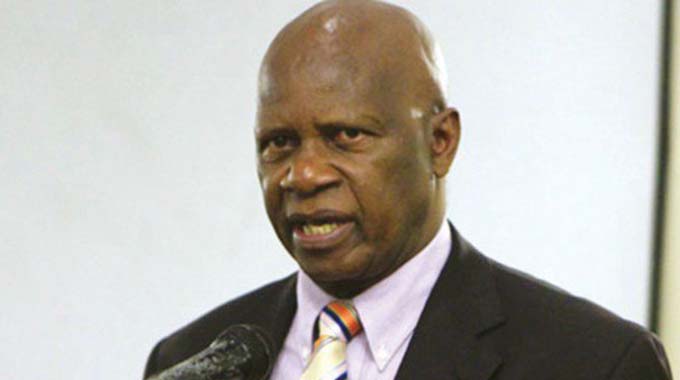IDBZ launches housing projects in Kariba

Business Reporter
THE Infrastructure Development Bank of Zimbabwe, in partnership with Kariba Municipality, on Monday launched three housing projects that will see the development of about 1 550 low, medium and high density stands at a cost of $15 million.
The project, which has already commenced will see the delivery of a total of 1 557 residential stands in Baobab Ridge Extension, Batonga Kasese Main and Kasese Extension. Some civil works have started at the three sites, involving the development of on-site and off-site infrastructure including tarred roads, water, electricity and sewer.
Some of the stands in Kasese Extension suburb will be allocated to 391 families who are to be relocated from Mahombekombe, a township build under the electricity lines.
The township consists of houses built for the workers during the construction of Lake Kariba in the 50’s.
Speaking at the ground-breaking ceremony in the resort town, Finance and Economic Planning Minister Patrick Chinamasa said the development of housing infrastructure would go a long way in helping reduce the national housing backlog.
Zimbabwe’s housing shortage is estimated at 1,25 million units which translates to a national backlog of five million citizens or more than 40 percent of total population.
“I am happy that IDBZ is making significant strides in executing its mandate of spearheading the development of infrastructure in Zimbabwe,” said Minister Chinamasa.
“Developing housing infrastructure for our people is a worthwhile investment that will go a long way in transforming their livelihoods. We should all support this important investment.
“Government stands ready to support projects that will positively contribute to the welfare of Zimbabweans.”
Some of the housing projects that have been implemented include Marimba Housing Scheme in Harare, which consists of high and low density suburbs and Clipsham Housing Project in Masvingo in Harare. The bank will soon be rolling out similar projects in Gwanda, Plumtree, Bulawayo, Zvishavane, Chiredzi, Beibridge and Chipinge.
Minister Chinamasa said the Government was looking at improving service delivery by local authorities by ensuring provision of adequate public infrastructure.
“Inadequate off-site and on-site infrastructure has been hindering housing delivery in the country. Furthermore our people continue to be exposed to healthy risk in areas without supporting sanitation facilities,” added Minister Chinamasa.
He said the rapid urbanisation has led to challenges including emergence of urban slim dwellings, overcrowded settlements, poor environmental healthy and hygienic standards, public health risks and rising crime levels. Rapid urbanisation has also resulted in high demand for scarce urban land and jobs as well as placing immense pressure on the supporting infrastructure. Further, the cost of urban land and houses was now beyond the reach of many Zimbabweans.











Comments